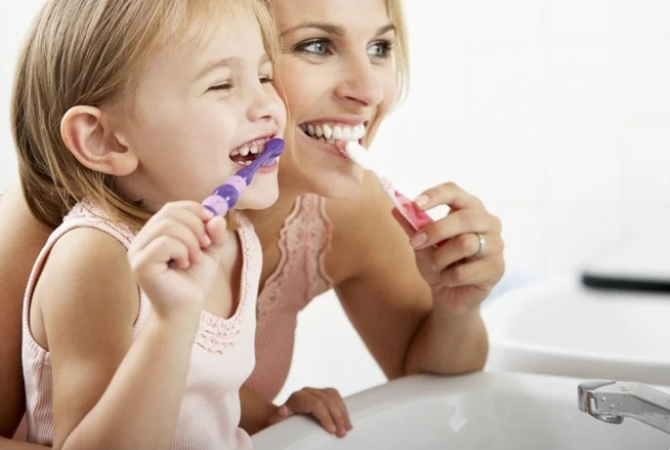
Good oral health is crucial for overall wellness. If you're one of those people who wet their toothbrush before brushing their teeth, you should be aware of its drawbacks.
Other healthy habits are also crucial for maintaining health, in addition to a healthy diet and regular exercise. In addition to keeping your body clean, keeping your mouth clean is crucial for good health. Poor oral hygiene puts us at risk for a variety of issues. This is the reason why so many people brush their teeth and wash their mouths first thing in the morning. For healthy teeth, many people brush their teeth twice a day.
In addition to maintaining good oral hygiene, some associated habits are also crucial. Some of our habits start hurting us rather than helping us when they should. Because of this, it's crucial that you pay close attention to some of your habits in addition to brushing your teeth and flossing. One of these routines is moistening your toothbrush before using it to brush. Many people have the practice of cleaning their brushes with water before using them to apply the paste. However, this habit of yours could be detrimental to you. If you are one of those people affected by this habit, you should be aware of its drawbacks.
What are the disadvantages of wetting the brush?
If you wet your toothbrush before using the paste, your mouth may not get completely cleaned. In reality, experts recommend brushing your teeth for at least 2–3 minutes. However, if you wet your brush before applying the paste, the paste will foam more quickly, and you will spit the toothpaste out of your mouth more quickly. Your mouth will not be properly cleaned if you do this. In addition, brushing too hard or using floss on the interdental brush can be harmful to your oral health.
How do I protect the brush from dust?
To get rid of the dust on the brush, people frequently wet it. But if the brush was wet when the damage occurred, how should the brush be protected from dust? In such a circumstance, experts advise using a cap to shield the toothbrush from dust. Applying the cap after brushing will prevent it from becoming dusty and keep your brush clean.
How many times a day is it okay to brush?
Twice-daily brushing is advised for healthy teeth. The dirt from the teeth and mouth can be removed by brushing right away after waking up in the morning and right before bed at night. Your oral health will stay in good shape if you do this. Use a high-quality brush when brushing your teeth to prevent harming your gums and teeth. Remember to change your toothbrush every three to four months as well.
Varicose Veins in Pregnancy: Causes and Prevention - Insights by Dr. Himanshu Verma
Are You at Risk? The Alarming Truth About Heart Attacks
Prioritizing Men's Health: National Men's Health Week - June 12-18